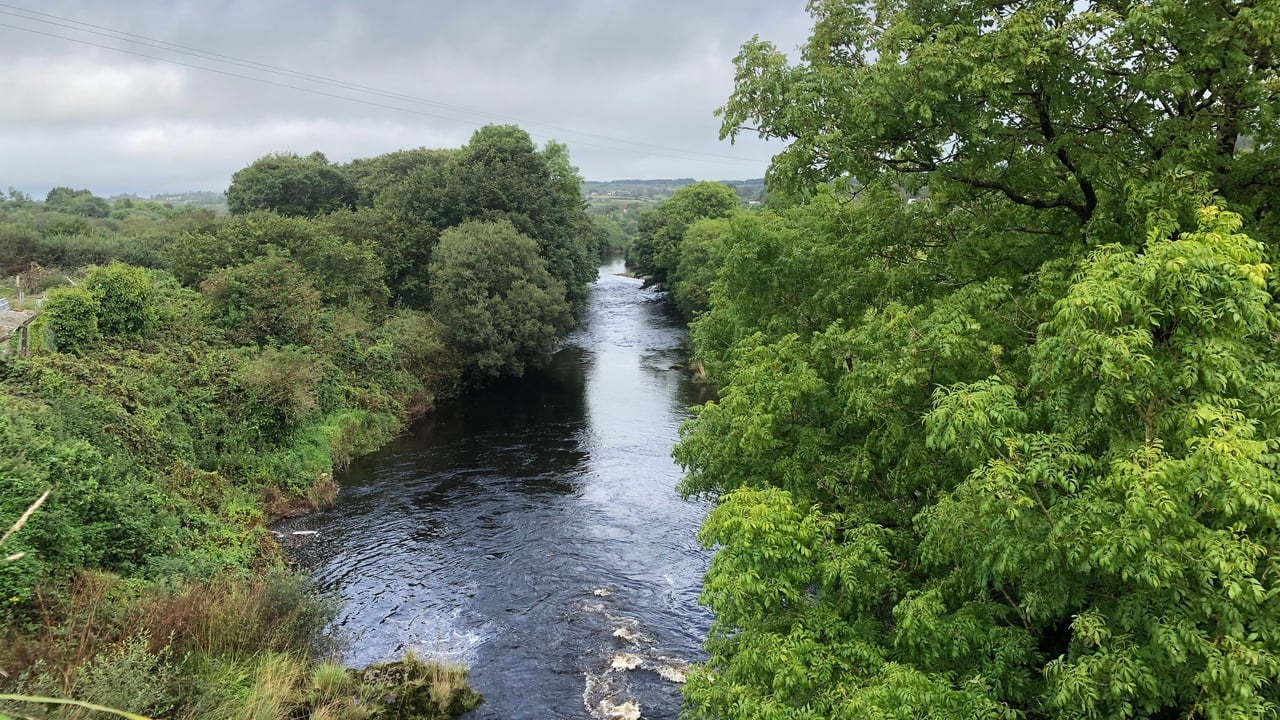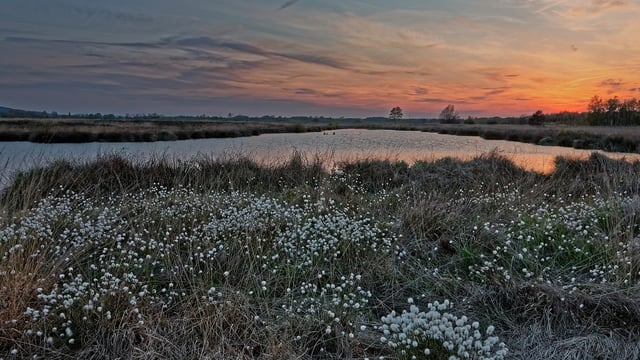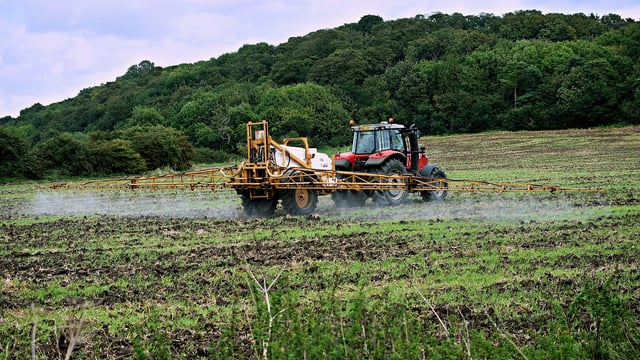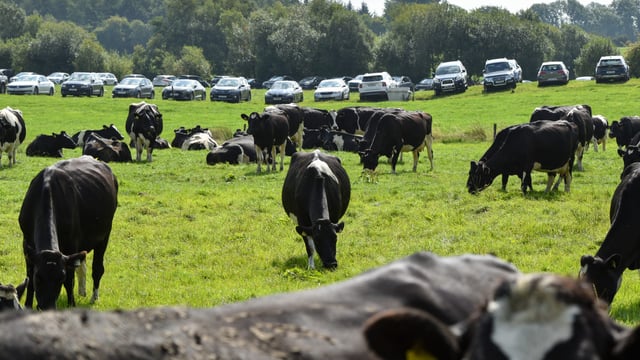Farmer water quality actions 'frustrated by DAFM grant delays'
Some initiatives that individual farmers want to take up that may improve water quality are being "frustrated" by delays in grant approvals from the Department of Agriculture, Food and the Marine (DAFM) and planning approval, the Irish Farmers' Association (IFA) has claimed.
The association was reacting to a new report from the Environmental Protection Protection (EPA), which said that there was "no significant change in any of the water quality indicators” for Ireland’s rivers, lakes, estuaries and groundwaters in 2023.
According to the EPA, the biggest issue impacting water quality is nutrient pollution from agriculture and wastewater.
The EPA said that average nitrate levels in rivers, groundwater, estuaries and coastal waters are “largely unchanged and remain too high in the east, south-east and south”.
On foot of the report's publication, IFA president Francie Gorman said that there is a "relentless focus among farmers to make changes to improve and achieve better water quality".
He cited the Teagasc Better Farming for Water campaign, launched at the end of last month, which Gorman said "all farmers have to play their part" in.
"Our water quality is in a relatively good position compared to other EU countries. However, there is a determined and robust approach across the whole sector to minimise the impact of food production on our waterways," he commented.
According to the IFA president, there is an "unprecedented" level of investment and adoption of new measures on farms, and noted that the level of inorganic fertiliser use on farms is down 30% in the last two years.
"However, some initiatives individual farmers want to undertake on farms around slurry and nutrient storage are being frustrated by delays in DAFM grant approvals and planning delays," Gorman claimed.
"We must remove these roadblocks and ensure that farmers can move quickly to make capital investments," he added.
"It’s about the right measures in the right places at the right time and the right rate, to ensure that nutrients are taken up by grass and crops. We are determined to reduce nutrient loss to deliver better water quality," Gorman said.
"All the dairy co-ops are working closely with their farmer suppliers in making this central to everything. In fact, co-ops make part of the payment to farmers conditional on sustainability elements, including safeguarding our water quality."
Gorman claimed that the work currently being done would "no doubt" deliver results on water quality.
"We cannot have any let up in our efforts. No more than our work to reduce emissions, this has to be sustained and results-driven," the IFA president added.





